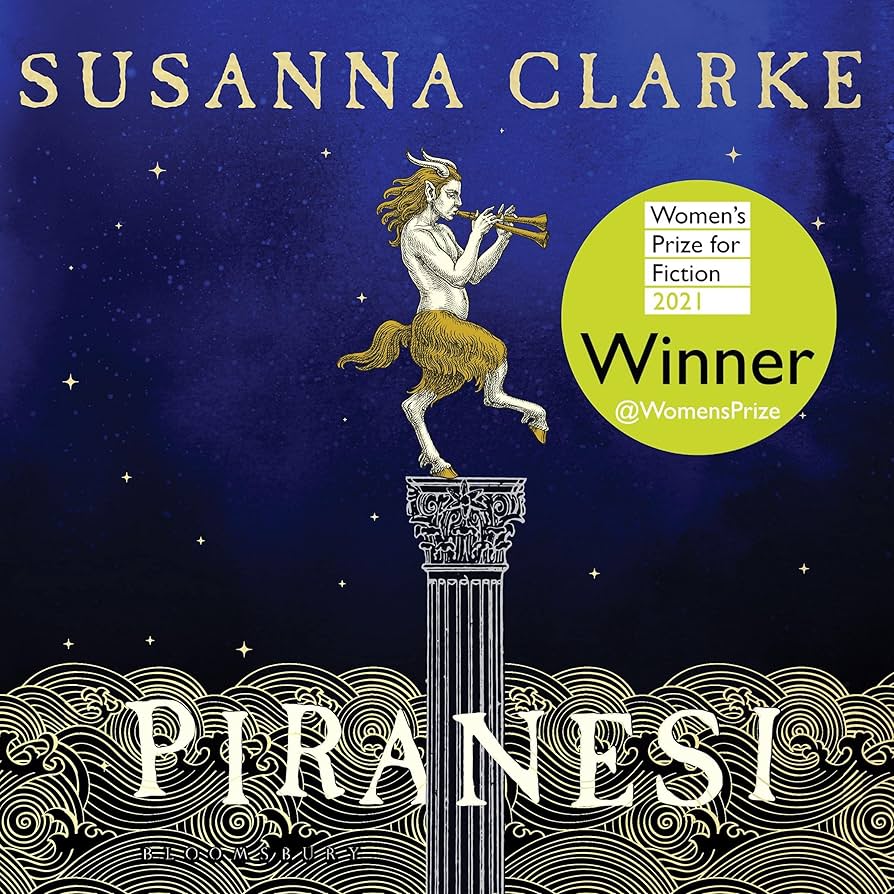Piranesi by Susanne Clark

I enjoyed this book so much that I bought a copy for S. It's a slow build, but I found it compelling from the start. Although the overall mystery of the novel is revealed by the end, the explanation the Clark offers is a bit disappointing. Not to brag, but I found it less compelling than some of the alternative theories I imagined while reading the book. As the book unfolded, I enjoyed the variety of possible explanations Clark's writing evoked in my mind.
The LLM/robot theory. I took notes as I listened and my understanding of the protagonist evolved. The connection between Piranesi's fixation on minutiae struck me as familiar. It reminded me of pattern-matching behavior of savants as well as large language models so I first thought Piranesi must be an LLM. Then as the world revealed itself to be compellingly physical, I thought that Piranesi was a sentient robot. (This is perhaps more a reflection of where my mind is at these days.) Eventually when Piranesi's corporeal aspects were revealed, it seemed inevitable that he must be human, or at least physically so.
Perhaps an LLM is all that remains once you strip a human of all of his embodied experiences...?
The simulation theory. Perhaps the house itself has a life of its own. At least in Piranesi's understanding, the house provides for him. Perhaps this is a simulated house? Or are the statues symbols inside Matthew’s head, like a memory palace?
The Other vs. Piranesi. The contrast between Piranesi's pure pursuit of understanding and The Other's transactional stance is starkly described. Piranesi is a purist, interested in knowledge for knowledge’s sake. He's in it because he believes and enjoys the process, period. The other, in contrast, is deeply incurious, interested only in power.
Named years. Because Piranesi has a distorted sense of time, rather than numbering years, he gives them names. One was named the "year the albatross came to the south-western halls". This is such a poetic way to mark the passage of time, I found it very inspiring. Relatedly, it reminded me that I am In favor of more cyclic celebrations with period longer than a year.
Dancing with the occult. Is Lawrence Sales based on Timothy Leary or William Burroughs? The final reveal sheds light (in a Power of Fiction way) the sort of occult activities that are described in John Dee and the Empire of Angels by Jason Louv. The recurring "Addy Domarus" theme is a good touch that adds to the occult feeling, especially because of how it evokes "Dei" and "Dominus".
Anyway, I really liked this one — well worth your time!